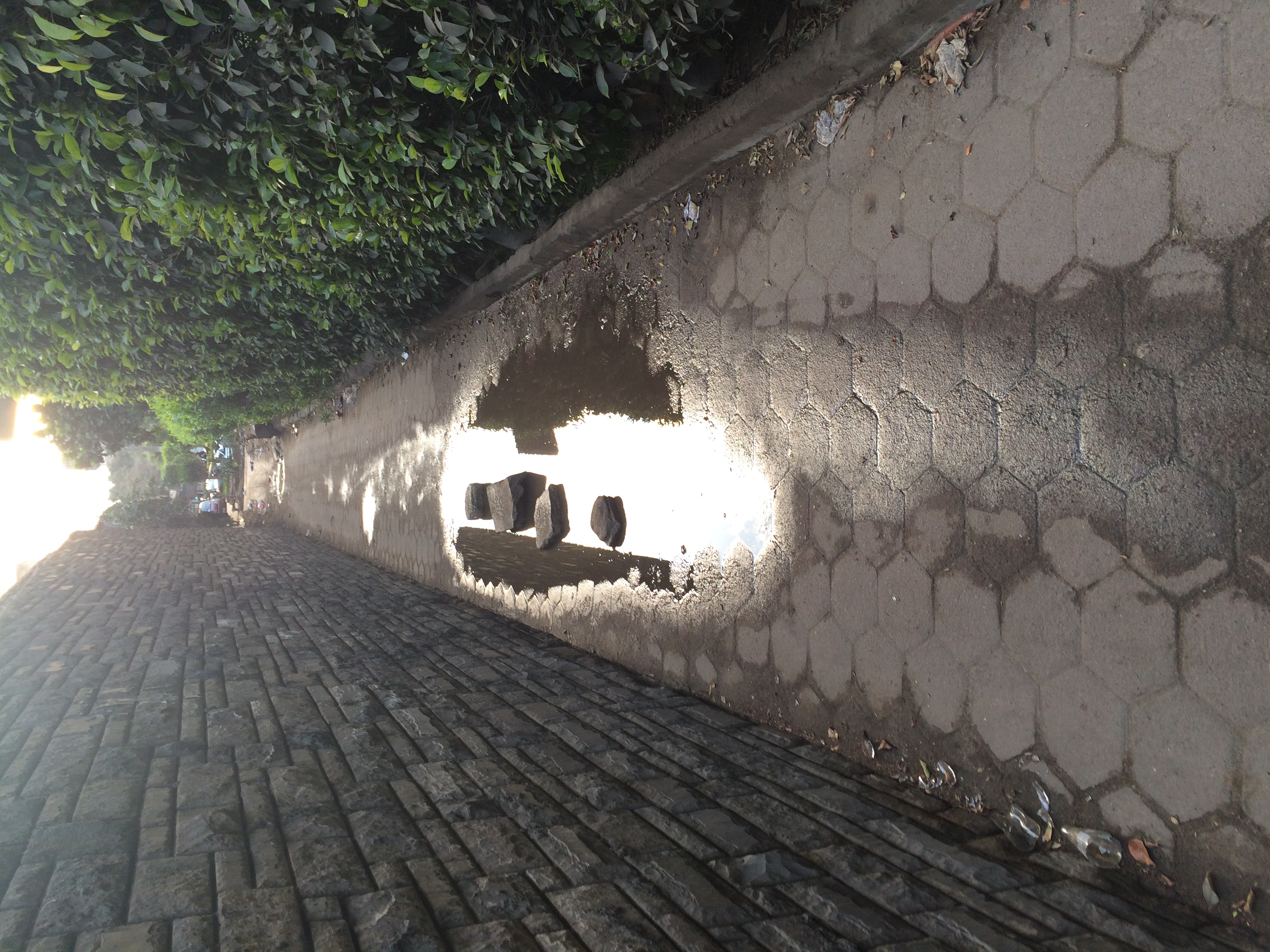Sometimes – more often than I want – I have to disappoint my career consulting clients. I hate it.
But I am coming around slowly to the idea that my job is to tell people the truth so they can make good decisions. My job is not to fix things for them. If you have a bachelor’s degree in physics and you’re working in a bookstore, there is no amount of resume tweaking that will get you an international development job as your next step. Not even entry level, barring very unusual circumstances. Your next step is going to need to be volunteer work, or a master’s degree, or becoming a social media rock star on a niche international development issue.
Sometimes I have to tell people in their forties that their experience isn’t compelling enough for them to move up in their career, and they need to look at lateral changes and finding ways to excel in the job they have. Sometimes I have to tell people without master’s degrees that they won’t get a job without it, and those people don’t have the money or the time to get the degree because they have kids, or student loans, or a mortgage, or an aging parent who needs their care.
The international development industry is messed up, and it discriminates against anyone who doesn’t have the money and social support to get a master’s degree and then work for free. (I have worked very, very hard to build an international development career, but also I got a master’s degree and then my little brother paid my student loans so I could move to Uzbekistan and work for free. This is not an option that is open to most people.)
Let me be clear. I do not agree with the way this industry works. I have spent the last ten years of my life writing and thinking about how we can do a better job of international development. What we have now is bad for everyone.
Yet. I am not Dambisa Moyo. I do not think what we have is worth than nothing. It is considerably better than nothing. International aid is bring an end to Guinea worm and polio. It’s pushing back malaria. I can drink the tap water in Cairo because of a USAID project in the early 2000s.
Take a moment here. I can drink the water direct from my sink in Cairo.
But this malformed system doesn’t do the good it ought to, and it it doesn’t let in everybody who should be doing this work. Lots of people who should be doing international development work get barricaded out because the big employers are looking for very specific (and frankly irrelevant) things. This piece by a historian being pushed out of academia resonates deeply; the problems seem very familiar.
Losing the chance to do your heart’s work is a real grief. You are allowed to feel it.
+
Tressie McMillam Cottom’s writing on race, status, and academia should be required reading for everyone.


